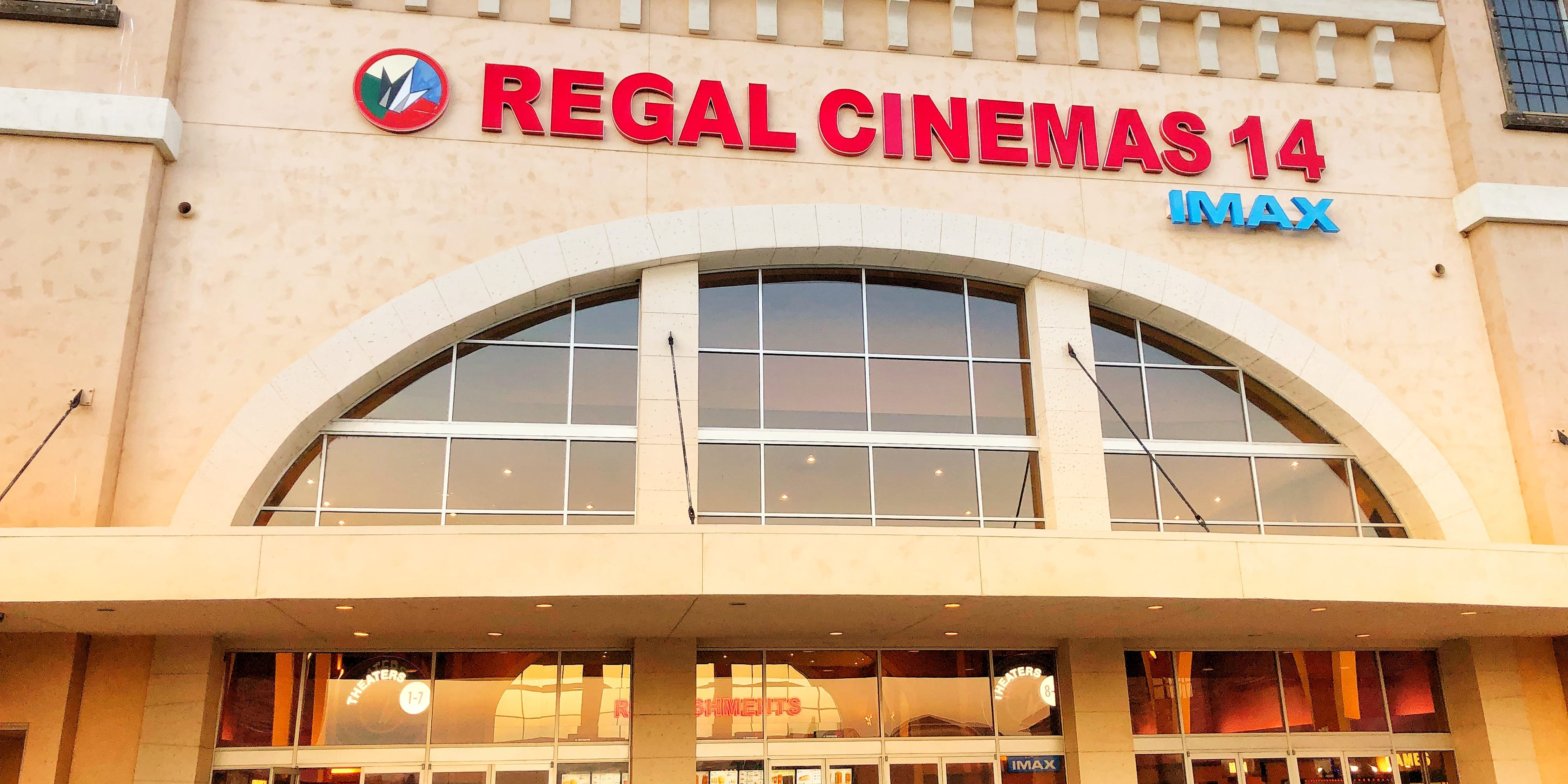Cineworld, the owner of Regal Cinemas, said Friday its shareholders may be wiped out. The warning comes as the company hasn’t landed an all-cash bid to take over the entire business. Shares of Cineworld sank on Friday in UK and US trading. Loading Something is loading.
Thanks for signing up!
Access your favorite topics in a personalized feed while you’re on the go.
Cineworld, which runs Regal Cinemas, said it’s possible that its shareholders may not recover their investment, with the warning Friday coming as the struggling company continues work on emerging from bankruptcy protection.
The UK-based company has been looking for potential buyers to snap up the company that runs Regal, the second-largest movie chain in the US behind AMC Theatres. It filed for Chapter 11 bankruptcy protection in September, aiming to reorganize after the movie and the broader entertainment industry were hard hit by the COVID pandemic. Last year, AMC said it had ended talks to buy theaters from its rival.
Cineworld said in a UK regulatory filing it had received non-binding proposals to buy parts or all of its business, but none of them involved an all-cash bid for the entire business. The company said it’s reviewing proposals with advisers and key stakeholders.
However, “based on the proposals received to date, it is not expected that any sale transaction will provide any recovery for the holders of the Company’s equity interests,” Cineworld said.
There’s also unlikely to be recovery for equity interests under a restructuring plan as the company anticipates insufficient creditor support.
On Friday, shares of Cineworld sank 43% to £2.25 ($2.69) in trade on the London Stock Exchange on Friday. US-listed shares fell 29% to $0.034.
Cineworld said it may be able to emerge from Chapter 11 in the first half of this year based on discussions between it and certain stakeholders, but no decisions on any transactions have been yet made.
Regal Cinemas had about 500 locations in the US. Cineworld has already closed some locations, a move it has said would help it save $22 million a year.
